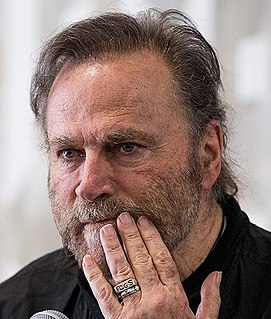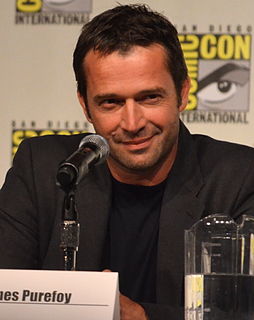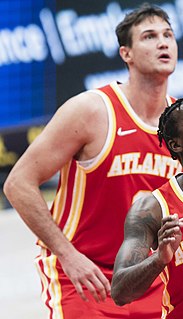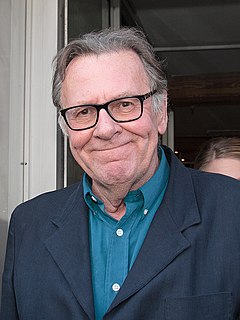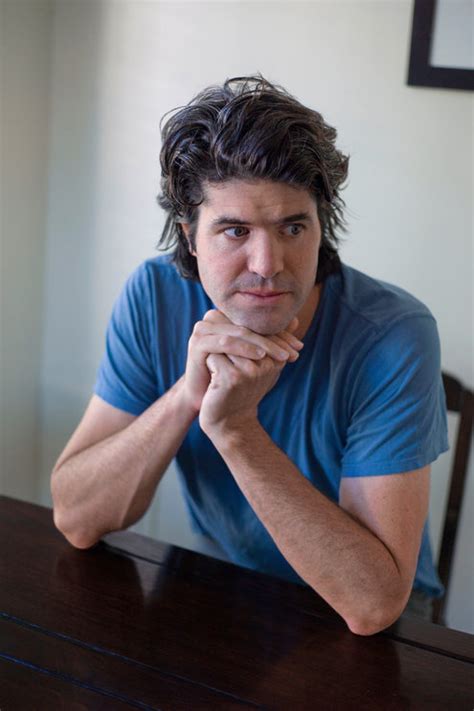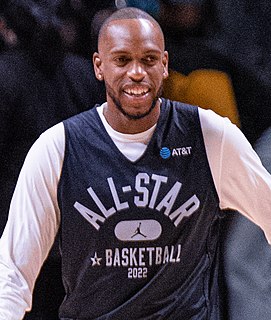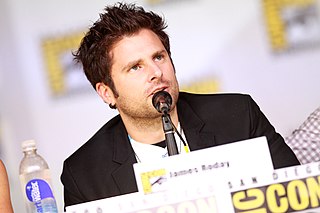A Quote by Ryan Holiday
When I lived in Louisiana, 'Django Unchained' was shot at my neighbor's house. They shot a Sly Stallone movie in my gym.
Related Quotes
If I'm ever working on a set and anyone talks about a master shot, I say there is no master shot. Before I even went to film school, I learned about movies by being in a British feature film, where everything was shot master shot, mid-shot, close-up. But I reject the idea of a master shot. You don't shoot everything mechanically; you find imaginative ways that serve the action.
I liked the idea of creating a new pop-culture, folkloric hero character that I created with 'Django' that I think's gonna last for a long time. And I think as the generations go on and everything, you know, my hope is it can be a rite of passage for black fathers and their sons. Like, when are they old enough to watch 'Django Unchained'?
Maybe if I'd gone in younger, I wouldn't have had that feeling, but I've seen an enormous amount of changes since the early-'70s in how this stuff is shot. I did the first TV movie ever shot in 18 days; before this film the normal length of shooting a TV movie was between 21 and 26 days. We shot a full-up, two-hour TV movie in 18 days with Donald Sutherland playing the lead, who had never worked on television before.

